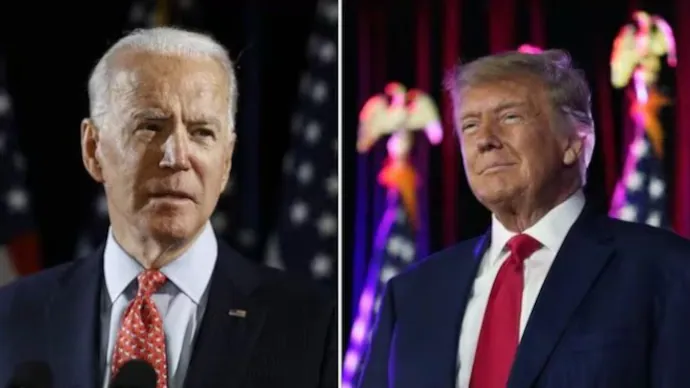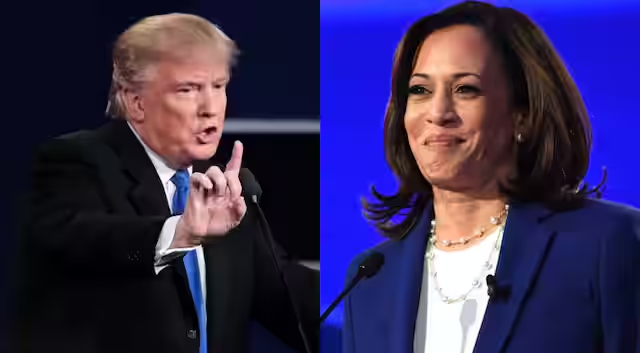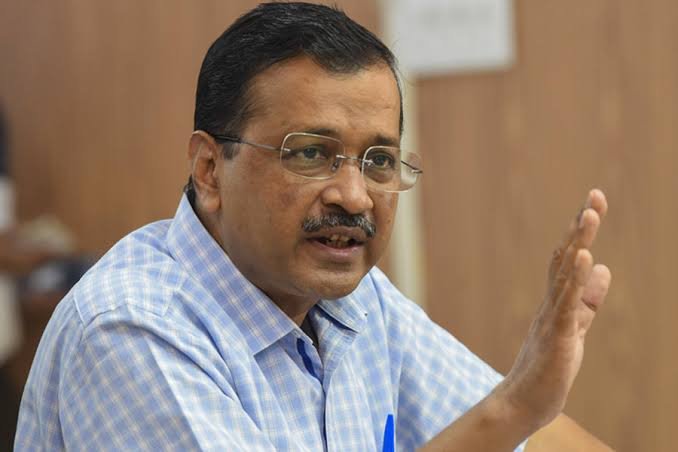
The Importance of Presidential Meetings
Trump is set to re-enter the Oval Office for a historic transition meeting with President Biden on November 13, 2024. This encounter is particularly significant as it marks Trump’s return to the presidency after a four-year hiatus, making him the first U.S. president in modern history to serve two non-consecutive terms. The meeting aims to ensure a seamless handover of power, likely addressing critical issues like national security, economic challenges, and foreign policy. It highlights the importance of a peaceful transfer in a highly polarized political climate.
Key topics may include:
Foreign Relations: Exploring the differences between Biden’s alliance-building strategies and Trump’s “America First” stance.
Economic Challenges: Addressing inflation, job growth, and fiscal policies.
National Security: Discussing ongoing defense strategies and intelligence matters.
In conclusion, presidential meetings play an indispensable role in reinforcing the democratic process. They demonstrate a commitment to collaborative governance and help to ensure that incoming administrations are well-prepared to tackle the complexities of leadership. As political landscapes can change swiftly, these gatherings are instrumental in maintaining stability and continuity during transitions, reflecting the resilience and adaptability of democratic institutions.
Anticipation for the Trump-Biden Meeting
The upcoming meeting between President-elect Donald Trump and President Joe Biden on November 13, 2024, has generated significant public and political anticipation. As two contrasting figures in American politics, their interaction is not merely a transition of power, but a symbolic moment that could reshape the political landscape. Individuals from both sides of the political spectrum are eagerly awaiting this meeting, highlighting the widespread interest in how these leaders will engage with one another.
From the Democratic perspective, there is a cautious optimism regarding Biden’s ability to facilitate a peaceful transfer of power. Biden has frequently stressed the importance of unity and collaboration, particularly in the face of a divided electorate. Meanwhile, Trump’s base remains fervent, with many supporters viewing him as the enduring champion of their political beliefs. This juxtaposition creates an atmosphere filled with contrasting expectations and hopes, fueling discussions within political circles and on social media.
The media has responded to the anticipation surrounding this meeting with extensive coverage. Analysts are dissecting every comment made by both leaders leading up to the event, often speculating on potential outcomes that could arise from their discussions. Expert predictions suggest that the meeting could signify a new chapter of bipartisanship or highlight the ongoing rifts within American politics. The parallels drawn between the two administrations, concerning economic policies, social issues, and national security, add another layer of intrigue to the forthcoming meeting.
However, both leaders face unique challenges as they prepare to meet. Trump must navigate a path of maintaining his influence while reassuring his supporters, while Biden continues to grapple with a deeply polarized Congress. Ultimately, the anticipation surrounding the Trump-Biden meeting is indicative of its potential impact on the future direction of American politics and the relationships between its leaders.
Key Issues on the Table
The upcoming presidential meeting between Donald Trump and Joe Biden will address a myriad of pressing national and global issues that have significant implications for the future of the United States. Among the primary topics likely to be discussed is the economy, which has been greatly impacted by the recent fluctuations in the market, unemployment rates, and inflation. Both leaders must navigate these challenges to establish policies aimed at stimulating economic recovery and fostering sustainable growth. Cooperation between the two parties may play a pivotal role in crafting bipartisan solutions that can address the concerns of citizens effectively.
Healthcare is another critical issue on the agenda. The COVID-19 pandemic has underscored the necessity for a robust healthcare system that can withstand emergencies while also providing comprehensive coverage for all citizens. As both Trump and Biden have differing views on healthcare policies, this discussion will highlight the importance of finding common ground to enhance healthcare access and affordability.
Foreign relations also poses a significant topic that demands attention during their meeting. The United States faces various international challenges, including trade agreements, military alliances, and diplomatic relations, particularly involving nations like China and Russia. A united front from the leaders may facilitate a more stable geopolitical landscape, contributing to global partnerships that promote peace and prosperity.
Lastly, climate change has emerged as a pressing worldwide concern that cannot be overlooked. With the increasing urgency to address environmental issues, Trump and Biden’s discussions may focus on sustainable practices and innovative approaches to reduce carbon emissions. Collaborative efforts on climate policies could lead to substantial advancements in addressing this formidable challenge, aligning national interests with global responsibility.
Possible Outcomes and Implications
The historic meeting between President Trump and President-elect Biden has significant potential outcomes that could shape the future of the nation. The discussions held during this critical juncture will greatly influence both Trump’s anticipated second term and the inception of Biden’s administration. As both leaders navigate this transition, the implications of their meeting extend beyond personal political trajectories to encompass broader ramifications for the American political landscape.
One possible outcome of this meeting is the fostering of bipartisan efforts in addressing pressing national issues such as healthcare, economic recovery, and climate change. If Trump and Biden can find common ground, it could pave the way for collaborative initiatives that prioritize the well-being of all Americans. Conversely, a lack of cooperation could exacerbate existing divisions, leading to increased polarization among the electorate. This scenario raises concerns regarding legislative gridlock, as bipartisan support often serves as a crucial factor in passing significant reforms.
Another critical consideration is the impact of this meeting on both parties’ strategies moving forward. Should Trump successfully project a unified front during his second term, it might strengthen his position within the Republican Party and solidify support among his base. On the other hand, Biden’s ability to navigate post-election challenges while fostering an inclusive approach could enhance his legitimacy and facilitate a stable administration. The interaction between these two leaders may set the tone for their respective parties, influencing campaign strategies and voter engagement going into future elections.
In conclusion, the implications of the Trump-Biden meeting will undoubtedly resonate throughout the political sphere. As America stands at a crossroads, the outcomes of this meeting have the potential to redefine collaboration and conflict in the years to come, impacting not only the current leaders but also the broader field of public policy and governance.


